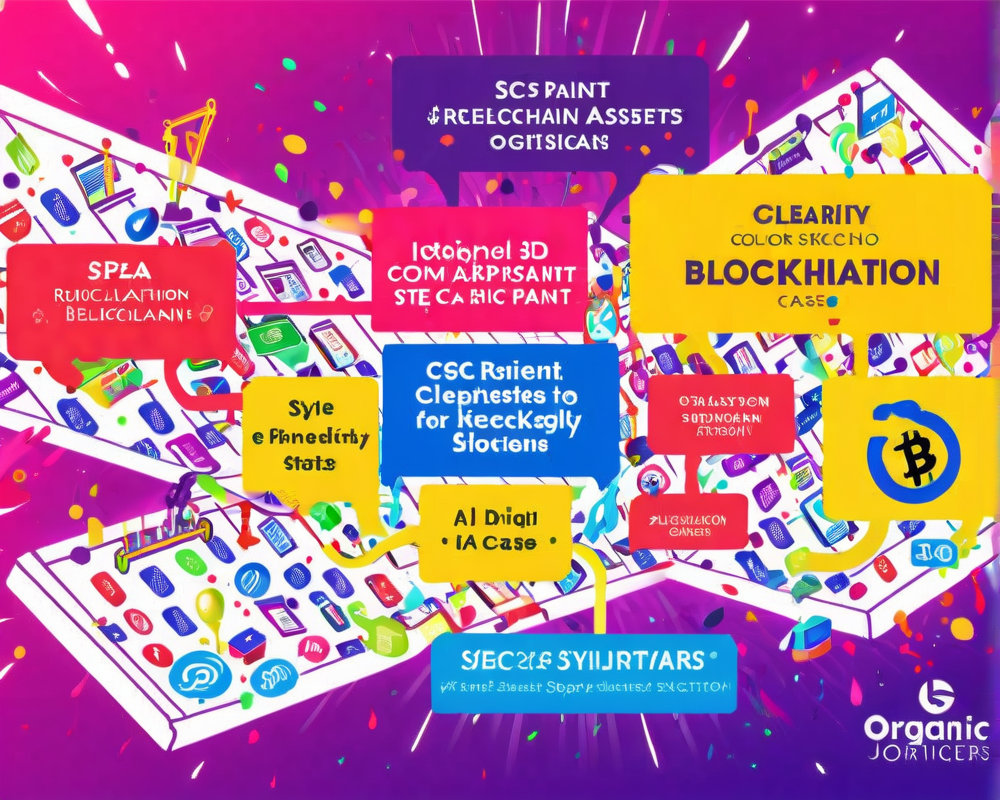Blockchain Association Defends Defendants in SEC Case: A Call for Clarity in Digital Assets Regulation
Overview of the Case
On February 13, the Blockchain Association stepped into the ring, filing an amicus brief in the high-profile case involving the U.S. Securities and Exchange Commission (SEC) and former Coinbase Global product manager Ishan Wahi. The SEC alleges Wahi and his pals engaged in insider trading involving nine tokens, which they classify as unregistered securities. Talk about a digital drama!
Arguments from the Blockchain Association
The Blockchain Association, acting as a “friend of the court,” stated their support for Wahi’s push for dismissal, arguing that the SEC might be playing a game of “who can overreach the furthest.” The court is hearing the case in the U.S. District Court of Western Washington, and things are getting heated!
The amicus brief claimed that the SEC rushed to label these tokens as securities without any prior investigation, calling it a preemptive strike in their ongoing mission of regulation through enforcement. One notable excerpt from the brief reads, “The SEC conflates the tokens themselves…with any alleged investment contract.” So basically, the tokens are just software, folks!
Implications for the Blockchain Industry
The brief doesn’t hold back when it comes to detailing how this case could cause chaos for the entire blockchain industry:
- Impact on Token Creators: Token creators, holders, and users have been left out in the cold, with no way to defend themselves against the SEC’s claims.
- Chilling Effect on Exchanges: The fear of being labeled as a security could make exchanges think twice about listing these tokens.
- Confusion for Market Participants: Investors are left guessing what constitutes a security, with the SEC offering little clarity. Thanks for nothing, right?
The Major Questions Doctrine
Interestingly, the brief references the 2022 Supreme Court case of West Virginia v. Environmental Protection Agency, emphasizing that agencies should be cautious when asserting powers that Congress never expressed. This brings a significant legal precedent into play, hinting that even mighty agencies like the SEC need to tread carefully in their quest for authority over these digital assets.
The Road Ahead
The Blockchain Association’s brief suggests that the case could likely settle before ever reaching a final decision, which is a common trend in legal disputes. This, they argue, might allow the SEC to toss around allegations without facing real accountability. It’s like a digital game of Monopoly where only one player seems to control the board!
In conclusion, with an industry still reeling from evolving regulations, the outcome of this case could either open doors to transparency or slam them shut in a chilling manner.



